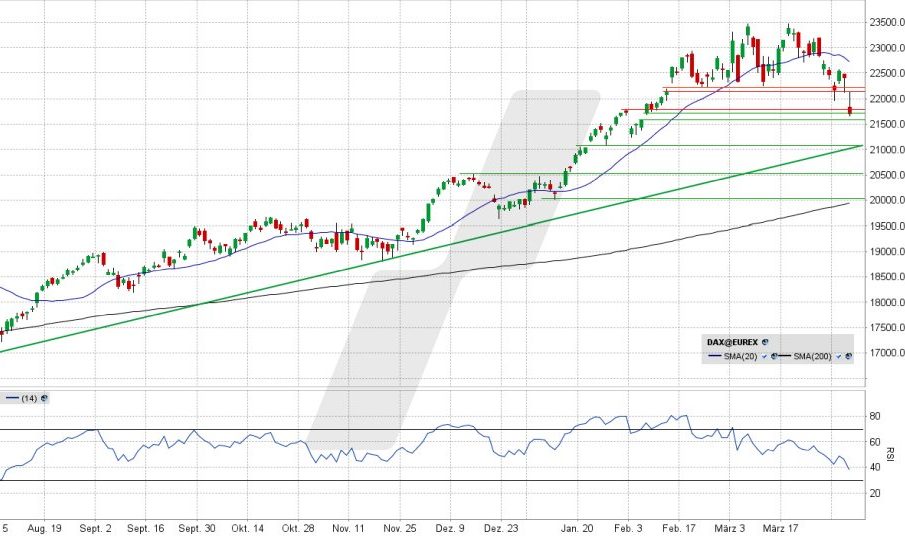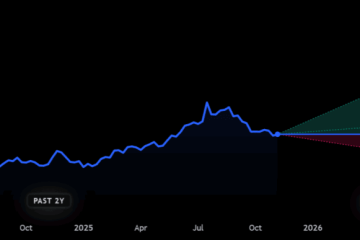Understanding the DAX Index: Trends and Overview

Introduction
The DAX Index, a notable benchmark of the performance of the 30 largest companies listed on the Frankfurt Stock Exchange, holds significant importance as a key indicator of the health of the German economy and the broader European market. Investors globally keep a keen eye on this index, as its fluctuations can reflect broader economic trends, stock market sentiment, and corporate performance.
Current Trends in the DAX Index
As of October 2023, the DAX Index has shown remarkable resilience amid fluctuating market conditions, responding to both domestic and global factors. The index was observed to have a year-to-date increase of approximately 15%, driven primarily by strong performances from key sectors such as technology, automotive, and renewable energy.
With several companies within the index reporting robust earnings, investor confidence has been bolstered. Noteworthy contributors to this growth include major players like SAP and Volkswagen, which have leveraged innovations in digital transformation and electric vehicle technologies respectively, leading to increased market valuations.
Impact of Global Events
Global events have also played a crucial role in shaping the performance of the DAX Index. The ongoing geopolitical tensions and supply chain disruptions resulting from the conflict in Ukraine have introduced volatility into the market. This has led to fluctuating energy prices, impacting many German companies reliant on energy imports. However, recent efforts to diversify energy sources have begun to mitigate some of these risks, showcasing the adaptability of these corporations.
Future Predictions and Significance
Looking ahead, analysts predict that the DAX Index will continue to face challenges and opportunities. The anticipated interest rate adjustments by the European Central Bank could influence investor behaviour significantly. Economic indicators, particularly inflation rates and employment figures, will be closely monitored as they could sway the performance of the index in the coming months.
For everyday investors, understanding the DAX Index is crucial for making informed decisions regarding portfolio diversification and risk management, especially in a climate where investment strategies are influenced by both local and international developments.
Conclusion
In conclusion, the DAX Index remains a vital contributor to evaluating market conditions in Germany and Europe as a whole. Its performance not only reflects corporate health but also indicates wider economic trends that can have significant implications for investors. As the market continues to evolve, keeping abreast of developments related to the DAX will be essential for anyone looking to navigate the complexities of today’s financial landscape.








